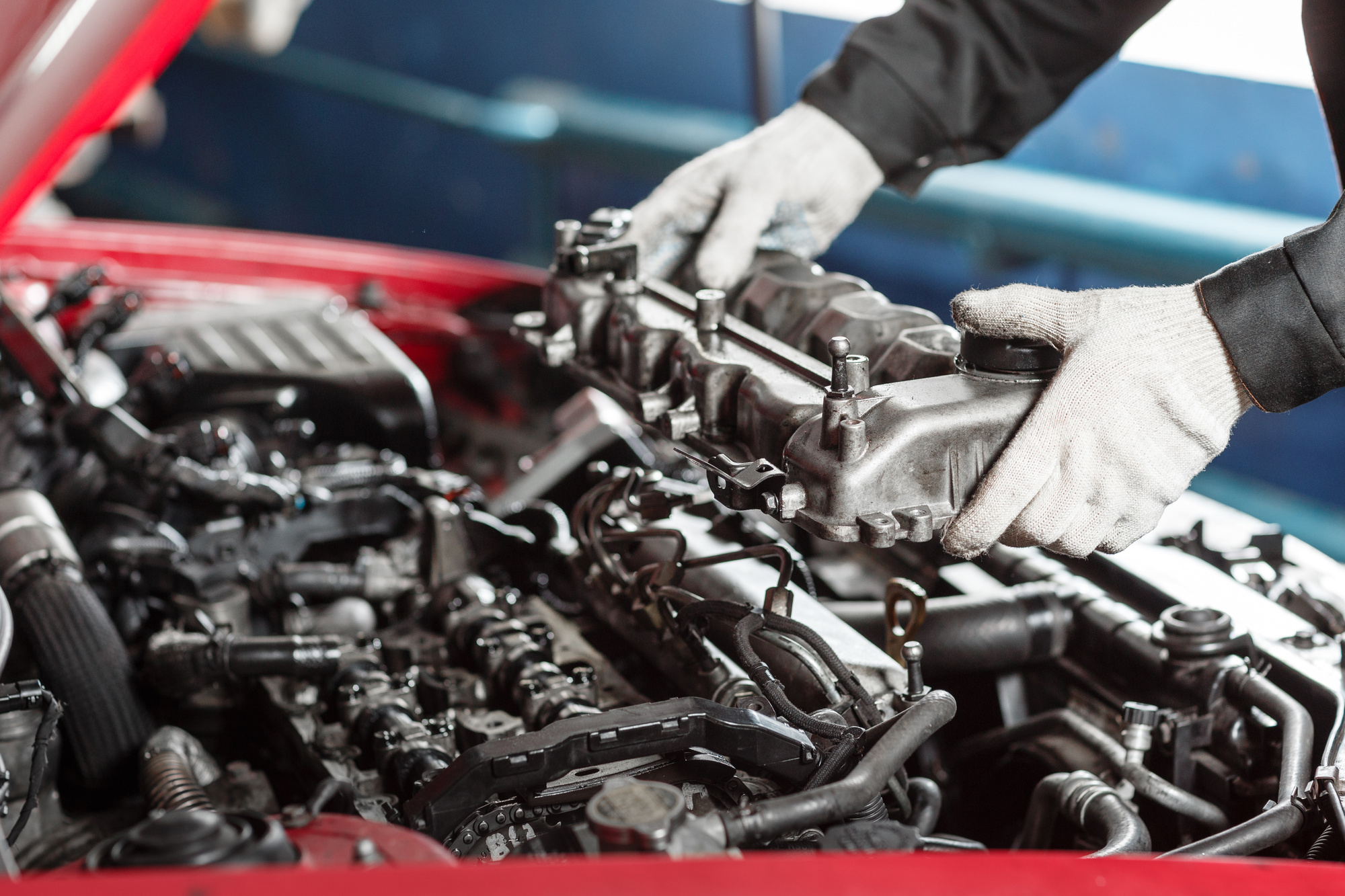Common Diesel Engine Problems: 5 Things You Should be Looking Out For
If you want reliability, fuel efficiency, and power from your automobile, you can never go wrong with a diesel engine.
They’re built tough and can tank through most obstacles any road can throw at you. They are the workhorses of automobiles. While a gasoline-powered car might have the edge in speed, you can count on a diesel vehicle to not limp before the finish line.
That said, we’re not saying that you’ll never have a problem with your diesel engine. You’ll have issues from time to time that necessitates diesel engine repair. We’ll discuss some of the common ones in this article.
Let’s get started.
1. Engine Oil Issues
One of the main culprits responsible for diesel engine failure is faulty engine oil. As we all know, the oil keeps all the important parts lubricated and running smoothly. Without proper lubrication, excessive friction will cause damage to the components.
There are three main reasons why engine oil becomes compromised. These are oxidization, moisture/humidity, and use of incorrect lubricants.
Oxidization happens when air gets into the oil storage and allowed to settle for an extended period. A similar thing happens when you leave your vehicle in a humid environment for more than a season. This time, instead of air, water enters the system.
Both elements create separate layers, an air pocket or a water layer, within the oil. The results are inefficient lubrication and rusting of the engine parts.
Using the wrong engine oil can lead to oil leaks, reduced fuel efficiency, and a noisy engine.
2. Hard Starting May Require Diesel Engine Repair
According to experts, a hard start is normal for diesel engines, especially in cold weather. This is because a diesel engine relies on air compression to burn the fuel instead of spark ignition. In the cold season, low compression makes it difficult for the engine to start up.
However, if you see longer crank up times or the engine not starting at all, you may be in a pickle. You may have issues with the injectors, fuel delivery, or have contaminated fuel. It’s best to consult a professional if this happens to be the case.
3. Power Decline
If you’re very familiar with your vehicle, you’ll quickly notice any dip in the power that it usually delivers. Loss of power is mostly due to fuel delivery issues such as damaged fuel injectors or blocked fuel delivery lines.
A good starting point is to check the fuel filters. The filter removes fuel contaminants and other impurities which are collected in the filter bowl. You may need to clean the filter bowl or replace the fuel filters if you haven’t changed them recently.
4. Defective Glow Plugs
Instead of igniting fuel with a spark, a diesel engine uses glow plugs to heat up the incoming fuel and air mixture. Diesel glow plugs are like the heating elements in stoves and toasters.
If you have faulty glow plugs, you’ll not be able to coax a purr from your engine. The engine becomes unresponsive and almost impossible to start.
5. What’s That Noise?
Diesel engines are traditionally louder than their petrol counterparts. But if you notice any unusual or inconsistent noise coming from the engine, you may want to have it checked out. The noise could be due to problems with compression balance or with the fuel injectors.
Keep on Truckin’
Knowing the issues that require diesel engine repair will help you keep your vehicle on the road longer. For more troubleshooting and maintenance tips, feel free to check out our other posts.


